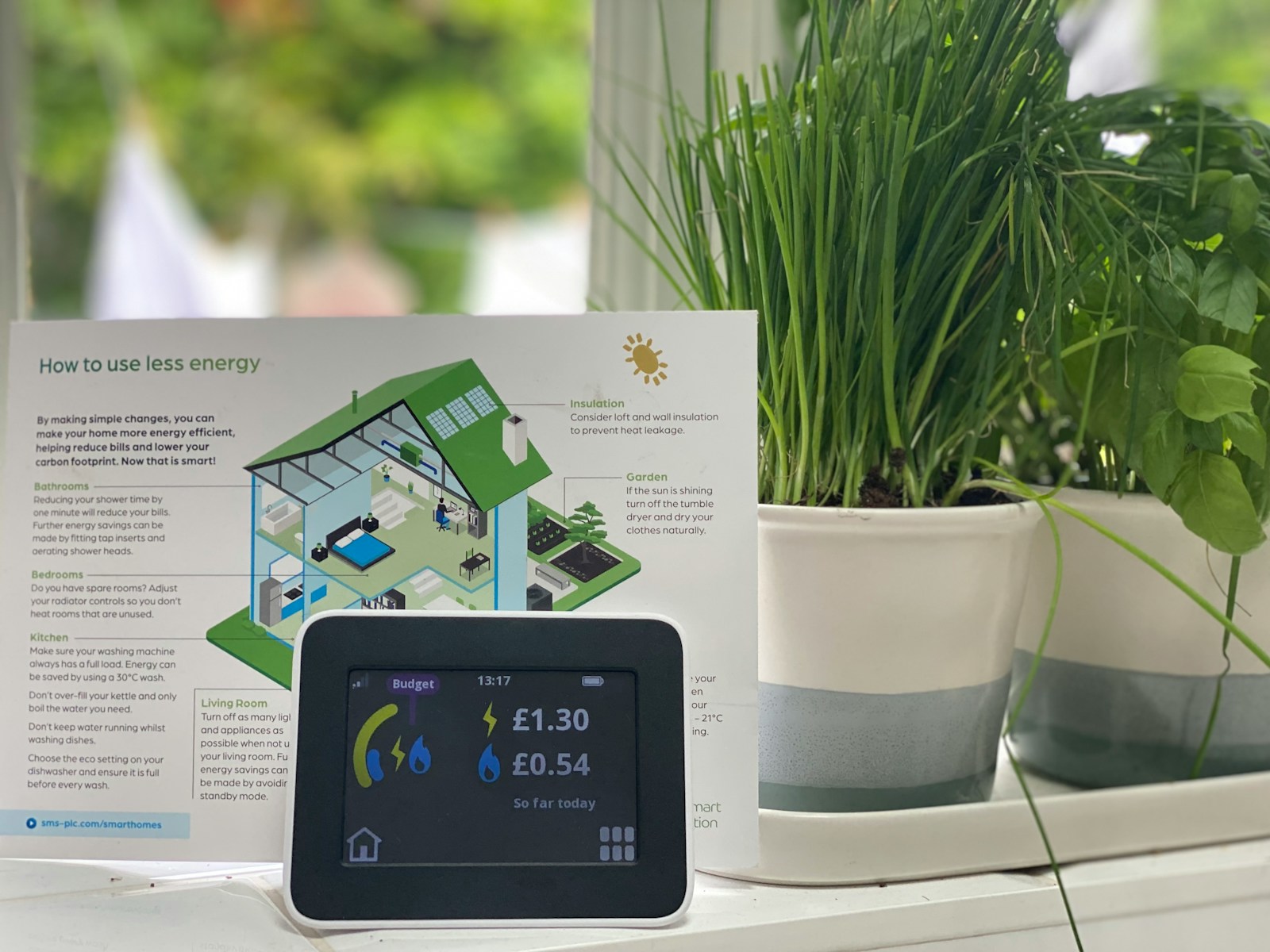Birmingham Leads UK Surge in Smart Meter Searches Amid Rising Energy Concerns

Getty Images
As people across the country worry about rising bills this winter, combined with changes to winter fuel payments, new research has revealed a sharp rise in people turning to smart meters to try and keep their finances under control.
Birmingham has seen the biggest surge in interest, with a 60% increase in related searches over the past 3 years.
Experts at PE analysed search engine data for smart meters and 650 related keywords to uncover how interest has grown across different areas, with Birmingham coming out on top.
In the year ending October 2021, the terms were only searched an average of 12,640 times a month, but this shot up to 20,220 in 2024.
Top 5 Locations in England for Smart Meter Search Interest Increase:
- Birmingham – 60.0% increase
- London – 54.1% increase
- Ripon – 49.2% increase
- Blackpool – 42.8% increase
- Liverpool – 38.1% increase
Comparatively, England as a whole experienced a 59.9% increase in smart meter interest. Scotland led the way with a 62.8% rise, while Northern Ireland and Wales saw increases of 57.8% and 42.5% respectively.
| Location | Year to Oct 2021 | Year to Oct 2024 | % Change |
| Scotland | 35,150 | 57,220 | 62.80% |
| England | 370,100 | 591,760 | 59.90% |
| Northern Ireland | 5,250 | 8,290 | 57.80% |
| Wales | 21,980 | 31,320 | 42.50% |
Josh Edwards from PE, who conducted the research, said, “The substantial rise in smart meter interest underscores a growing awareness about energy consumption.
“Beyond the obvious advantages of monitoring energy usage, smart meters offer hidden benefits for businesses who may also be feeling the pressure.
“They provide detailed insights into energy patterns, enabling companies to identify inefficiencies, reduce operational costs, and make data-driven decisions that contribute to sustainability goals.”
Hidden Benefits of Smart Meters for Businesses:
Enhanced Energy Management: Real-time data allows businesses to monitor and adjust energy consumption promptly.
- Cost Savings: Identifying peak usage times can help shift operations to off-peak hours, reducing energy bills.
- Sustainability Goals: Reduced energy consumption contributes to environmental objectives and corporate social responsibility.











